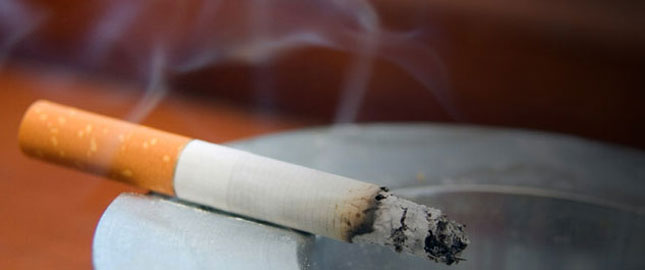NIEHS funds a substantial portfolio of research in the field of environmental health sciences conducted by investigators in many disciplines from various organizations. These research activities span the range from basic mechanistic research to clinical and epidemiologic studies using human subjects. NIEHS-supported investigators are currently determining how environmental agents cause or exacerbate a variety of human diseases. NIEHS is also committed to developing the next generation of environmental health scientists by supporting a variety of interdisciplinary training programs.
Areas of Research Focus
Gear Icon
Centers, Interagency Collaborations, and Consortia
NIEHS forms, funds, and maintains working relationships with other NIH institutes, federal agencies, research universities, and private organizations. The programs that occur through centers, interagency collaborations, and consortia serve multidisciplinary interests or augment research beyond what the institute can support on its own.
Cloud Icon
Environmental Exposure Research
Single or multiple environmental exposures throughout the lifespan can influence the prevalence and severity of diseases. NIEHS-funded researchers are studying the health effects of exposure to air pollution, endocrine disruptors, nanomaterials, and other contaminants.
Epidemiology Resources Icon
The NIEHS extramural division has made significant investments in environmental epidemiology studies that help scientists better understand how environmental exposures affect health during different stages of life.
Health Icon
The institute’s extramural division supports a variety of programs and centers to address a range of environmental health issues and to better understand how environmental agents cause or exacerbate human diseases and disorders.
Group Icon
NIEHS develops future leaders in environmental health science through programs that help train new scientists and offer career development opportunities at universities and other institutions across the country.
Education Icon
Translational Science, Outreach, and Education
NIEHS promotes translational science through transdisciplinary research partnerships and small businesses. It also supports programs that provide public outreach, education, and occupational safety training. These efforts develop detection and measurement tools and materials, and increase understanding of how the environment is linked to and affects health across different population groups.
Branches
The Division of Extramural Research and Training plans, directs and evaluates the institute's grant program which supports research and research training in environmental health. It develops program priorities and recommends funding levels to assure maximum utilization of available resources in attainment of institute objectives. Through cooperative relationships with NIH and with public and private institutions and organizations, the Division maintains an awareness of national research efforts and assesses the need for research and research training in environmental health.

David M. Balshaw, Ph.D.
[email protected]

Srikanth Nadadur, Ph.D.
[email protected]

Cindy P. Lawler, Ph.D.
[email protected]

Michelle L. Heacock, Ph.D.
[email protected]

Claudia L. Thompson, Ph.D.
Population Health Branch

Sharon D. Beard, M.S.
Worker Education and Training Branch
This content is available to use on your website.
Please visit NIEHS Syndication to get started.






